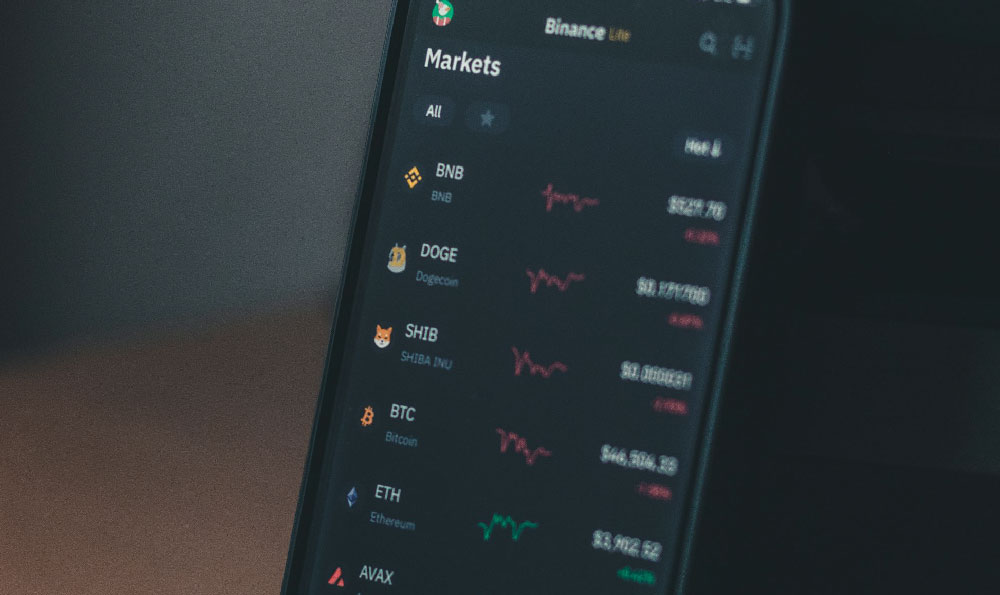Discord, as a digital hub for communities ranging from gaming groups to niche interest forums, has become a powerful platform for creators to engage audiences and generate sustainable income. For those who have built large servers, monetization extends beyond mere user growth—it involves strategic alignment between community value, audience engagement, and financial viability. The success of a Discord server owner lies not only in attracting members but in understanding the evolving dynamics of online interaction and leveraging tools designed to foster both connection and revenue. As the internet continues to shift toward decentralized, community-driven models, Discord’s ecosystem offers a unique blend of features that can be harnessed for profit. However, the path to monetization requires careful planning, transparency, and a focus on long-term engagement rather than short-term gains.
The first and most straightforward method is through subscription models, which allow server owners to offer exclusive content or features to paying members. By setting up a paid tier, creators can incentivize users to support their efforts directly. This approach is particularly effective for communities that provide regular value, such as educational servers, content-creation hubs, or gaming clans. A well-designed subscription model often includes tiered memberships, where users pay different amounts for varying levels of access. For example, a basic tier might grant limited features, while a premium tier could include voice channel access, custom emojis, or direct support from the server owner. The key to this strategy is ensuring that the subscription feels like an investment in a unique experience rather than a forced transaction. Many successful servers integrate Patreon with Discord, creating a seamless link between financial contributions and in-server perks. This not only generates recurring income but also helps creators maintain a sense of ownership over their community. To maximize impact, it’s crucial to align subscription tiers with community needs. For instance, a server with daily live streams might offer a “pro” tier that includes early access to content or priority support during Q&A sessions.
Another critical avenue for revenue is partnerships and sponsorships, which allow servers to monetize their influence and audience without relying solely on direct payments. Brands often seek Discord communities with high engagement, as they represent a targeted and interactive audience. A server owner can leverage their community’s size and activity to attract sponsors, whether through dedicated promotion channels, branded Discord bots, or co-hosted events. For example, a fitness server with thousands of members might partner with a protein supplement brand to offer exclusive discounts to subscribers. This not only generates income but also enhances the community’s value by providing practical benefits. However, the challenge lies in maintaining authenticity. Sponsors should be integrated thoughtfully, ensuring they align with the server’s purpose and community values. Overloading the server with irrelevant advertisements can alienate members, so it’s essential to find a balance between visibility and user experience. Additionally, server owners should consider diversifying their partnerships to avoid over-reliance on a single brand, ensuring long-term stability.

Digital products and services represent another lucrative opportunity for Discord server owners. By offering curated resources, educational content, or specialized tools, creators can generate one-time or recurring income. For instance, a server focused on cryptocurrency might sell beginner-friendly guides, advanced tutorials, or market analysis tools. Similarly, a gaming server might offer custom skins, script templates, or in-game currency. The advantage of this approach is that it allows server owners to monetize their expertise and engage members with actionable value. However, the demand for such products depends on the server’s niche and member interests. To succeed, it’s important to assess what resources would genuinely benefit the community. For example, a server with a loyal base of content creators might offer a digital course on advanced streaming techniques, while a server for tech enthusiasts could sell exclusive access to early product demos or coding challenges. These products not only generate income but also reinforce the server’s role as a knowledge-sharing space.
Members of larger Discord communities often have specific needs, making the introduction of a well-structured member system an effective strategy. By offering curated content or events exclusive to premium members, server owners can create a sense of exclusivity and community value. For example, a server dedicated to independent artists might provide advance access to new projects, behind-the-scenes updates, or direct collaboration opportunities for paying members. This model reinforces the idea that membership is a way to deepen involvement and support the server’s mission. However, it’s important to implement such systems with transparency, ensuring members understand the value they receive. For instance, a server might include a monthly “member spotlight” feature, where users get to showcase their work or receive personalized feedback. This not only strengthens community bonds but also encourages members to invest in the server’s long-term success.
In recent years, the rise of NFTs and blockchain-based tokens has opened new possibilities for Discord server monetization. By creating a unique economy within their server, owners can reward members with digital collectibles, staking opportunities, or governance tokens. The idea is to create a sense of ownership and investment in the community itself. For example, a server with a strong creative presence might issue NFTs representing unique in-server achievements or possessions, such as digital artworks or branded accessories. These tokens can be sold, traded, or used as rewards, generating both direct income and long-term value for the community. However, the complexity of blockchain integration requires careful consideration, particularly due to the volatility of digital assets and the need for a clear value proposition. Creators should approach this strategy with caution, ensuring that it aligns with the server’s purpose and provides tangible benefits to members.
The final layer of monetization involves event-based income, such as hosting paid workshops, collaborations, or themed meetups. By leveraging the server’s established credibility, owners can create opportunities for members to pay for structured learning or social interactions. For instance, a server with a strong focus on gaming might host a paid tournament with prizes, while an educational server could offer a roundtable discussion with industry experts. The success of these events depends on their relevance and quality, as they must justify the cost to participants. To build trust, server owners should provide clear details about event value, such as networking opportunities, expert insights, or exclusive content. This approach not only generates income but also strengthens the server’s reputation as a valuable resource for its members.
Ultimately, the sustainability of a Discord server’s income stems from its ability to balance profitability with community growth. By focusing on long-term engagement, offering relevant value, and maintaining transparency, server owners can build a profitable and resilient community. The key is to view monetization not as a transactional process but as an extension of the server’s purpose. Whether through subscriptions, sponsorships, or digital products, the most successful strategies are those that enhance the community experience while generating financial returns. In an era where decentralized platforms are becoming more prominent, Discord offers a unique opportunity for creators to thrive. However, the journey requires careful planning, adaptability, and a commitment to user-centric growth. By integrating these strategies thoughtfully, server owners can not only earn money but also foster a thriving ecosystem that supports both their financial goals and their community’s long-term success.












